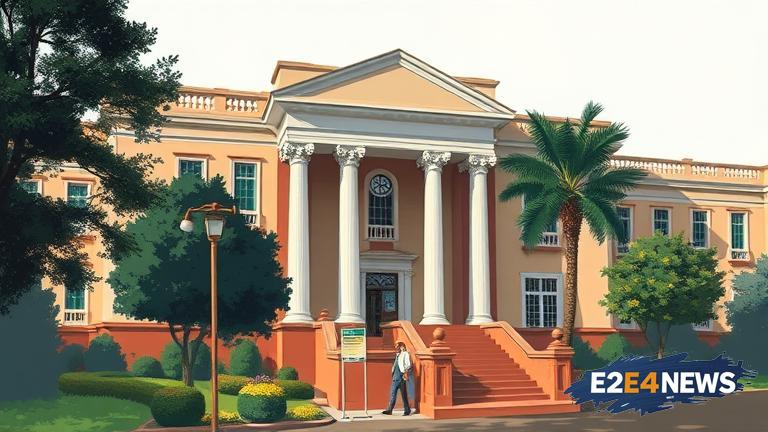The Supreme Court of Pakistan has taken notice of a pressing matter concerning the admission process at Shaheed Benazir Bhutto Medical College, located in Lyari, Karachi. This development comes as a response to a petition filed, highlighting irregularities and disputes in the admission procedure. The college, named after the former Prime Minister of Pakistan, Benazir Bhutto, is a significant institution for medical education in the country. The petitioners have alleged that the admission process was not transparent and that certain candidates were unfairly denied admission. The Supreme Court, recognizing the importance of the issue, has decided to intervene to ensure fairness and justice in the admission process. The court has issued notices to the relevant parties, including the college administration and the regulatory bodies overseeing medical education in Pakistan. This move is expected to bring relief to the affected students and their families, who have been anxiously awaiting a resolution to the dispute. The admission process in medical colleges is highly competitive in Pakistan, with thousands of students vying for a limited number of seats. Any irregularity in this process can have significant consequences for the students’ future careers. The Supreme Court’s decision to take up this case reflects its commitment to upholding the principles of fairness and meritocracy in educational institutions. The case is likely to have implications for medical education policy in Pakistan, potentially leading to reforms that will prevent such disputes in the future. The college in question, Shaheed Benazir Bhutto Medical College, has a reputation for providing quality medical education, and it is essential that its admission process is beyond reproach. The dispute has sparked a wider debate about the need for transparency and accountability in the admission processes of medical colleges across Pakistan. As the case progresses, it is expected that the court will examine the admission criteria, the selection process, and the role of regulatory bodies in overseeing medical education. The outcome of this case will be closely watched by students, parents, and educational institutions across the country. It is hoped that the Supreme Court’s intervention will lead to a fair and just resolution, ensuring that deserving students are given the opportunity to pursue their medical education without undue hindrance. The use of technology and merit-based systems can help in making the admission process more transparent and less susceptible to irregularities. Furthermore, the court’s decision may also highlight the need for greater oversight and regulation of medical colleges to prevent such disputes. In conclusion, the Supreme Court of Pakistan’s intervention in the admission dispute at Shaheed Benazir Bhutto Medical College is a significant development that underscores the importance of fairness, transparency, and meritocracy in educational institutions. The case has the potential to bring about positive changes in the medical education sector, benefiting students and society at large. With the Supreme Court’s oversight, it is anticipated that the admission process will become more streamlined, ensuring that talented and deserving students can secure admission based on their merit. This, in turn, will contribute to the development of a more competent and skilled healthcare workforce in Pakistan, which is crucial for the country’s health sector and overall development.





